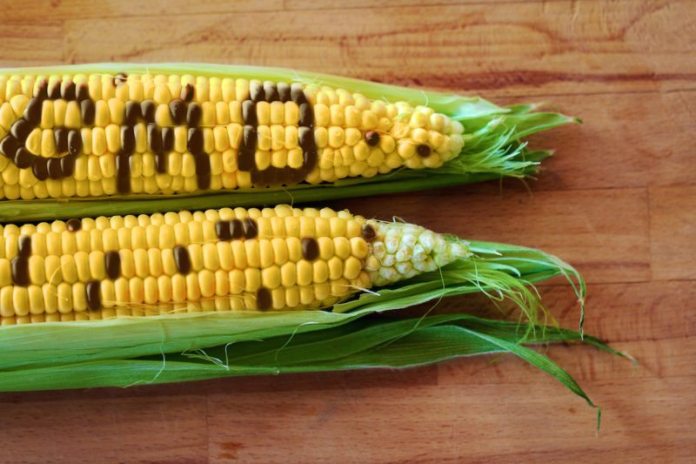Tom Vilsack, U.S. Agriculture Secretary, confirmed that while Mexico plans to ban the import of genetically modified corn, it will not apply to livestock feed—a relief to the U.S. The ban, instead, is limited to human food products.
U.S. farmers, who have relied on Mexico as a top exporter of GMO corn, are less likely to feel the impact of the ban as the 2024 deadline is fast approaching, Vilsack said.
“It’s not going to have as great an impact as it would if it was everything all at once all now,” he said at a virtual hosted by the National Press Club.
Last year, Mexico announced its executive order to ban GMO corn and phase out the use of imported GMO corn for human consumption and substitute it with local production of the crop. Victor Suarez, Mexico’s deputy agriculture minister, said that GMO corn “contaminates Mexico’s native strains of the grain,” Reuters reported. Eventually the ban will cover all food that “will eventually reach human consumption,” Suarez said.
According to CONAFAB, a national feed association, Mexican feed companies imported nearly 11.1 million tons of imported corn in 2020, with the majority of it coming from U.S. farmers. Data from the U.S. Department of Agriculture showed that Mexico imported $2.7 billion in corn shipments in 2019, the majority of it being yellow No. 2, a variety of corn mostly used for animal feed.
Andres Manuel Lopez Obrador, Mexico’s president, said his decision to ban GMO corn will ultimately help the environment. Under Mexico’s new rule, the country will begin revoking permits allowing the import of GMO corn for animal feed and stop issuing any new permits by 2024.
Related posts:
Views: 0
 RSS Feed
RSS Feed
















 April 3rd, 2021
April 3rd, 2021  Awake Goy
Awake Goy 

 Posted in
Posted in  Tags:
Tags: 
















